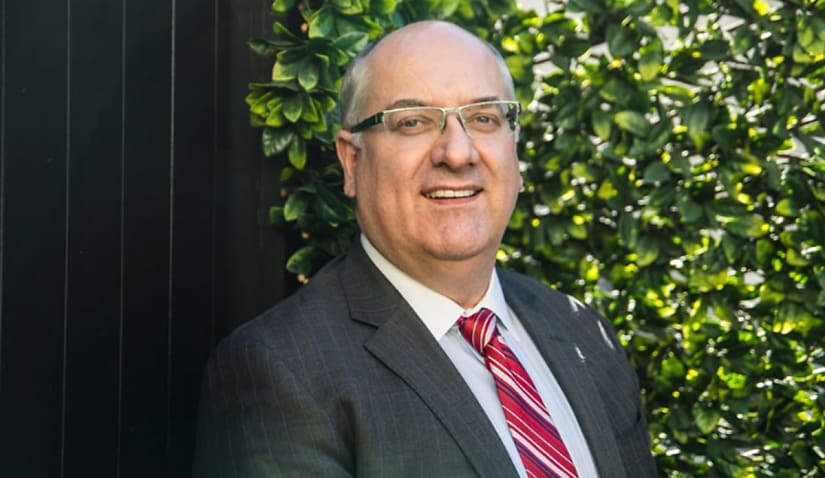As the global economy adjusts to rising interest rates and inflation, businesses are re-evaluating their legal spending strategies, leading to a shift from BigLaw firms to specialised practices, says one award-winning principal.

In a recent episode of The Boutique Lawyer Show, Keith Redenbach, the principal of Redenbach Legal and the winner of the Construction and Infrastructure category at the 2021 Partner of the Year Awards, highlighted how the ever-changing economic climate is reshaping the legal industry and how companies purchase legal services.
“After many interest rate rises for the last few years, higher inflation, we’ve [seen] spending cuts across companies,” he stated.
As companies implement such necessary cost-cutting measures, Redenbach observed that this has prompted a more selective and strategic approach to legal spending.
“The forcing of a downsize in legal spending, and the forcing of internal legal teams to make more sophisticated purchasing decisions, really brings us to this basic element of legal spending,” he outlined.
Traditionally, large law firms with extensive resources and prestigious reputations dominated the legal market. However, Redenbach explained that this traditional reliance on large firms for comprehensive legal services is being questioned and reevaluated.
Redenbach emphasised how this shift is underscored by the emergence of legal consultants and small specialised law firms offering targeted expertise at a fraction of the cost of larger firms.
“Why would you pay a large firm for the offices, the rent, and the expensive fit-out when you can just go to a specialist, get an hour’s [worth of] advice, and get what you need?
“It might cost you $700 an hour, plus GST, for example, or you can go and spend a couple of grand on the first option,” he revealed.
Another trend reshaping the industry that Redenbach outlined is the rise of legal consultants.
Redenbach pointed out that these consultants, leveraging their inside knowledge from BigLaw firms, provide their expertise directly to corporate clients, contributing significantly to the growing trend of moving away from traditional engagement with large law firms.
“I note some former partners that have been in big firms who know how that system operates, who are basically now, in effect, poacher-turned-gamekeeper to their client base, which are the corporates,” he disclosed.
As economic pressures increase and companies adopt a more discerning approach to spending, Redenbach emphasised that the procurement of legal services has significantly changed.
“There’s been some big changes in purchasing, and so for that reason, as the economy gets tougher, as the sophistication of the consumer gets higher, decisions are made not necessarily like they used to be on the basis that we’ve got firm x, and it’s the IBM factor. It used to be called, but you might call it the Microsoft factor these days,” he stated.
Redenbach stressed how companies are now prioritising firms based on their ability to deliver tangible outcomes quickly and efficiently, rather than being swayed solely by the prestige of BigLaw firms.
“Versus what you can actually now do, which you can get a specialist who’s going to get you an outcome much, much quicker and arguably more efficiently than a lot of the big operations. That used to be the way people would purchase,” he commented.
He further noted: “A change of purchasing power and discernment is going on, not to mention the obvious economic pressure that clients feel to make sure their legal spending really counts and that they get value, not just that perception of, we’ve got the biggest firm on our book.”